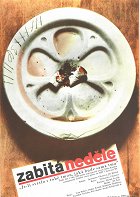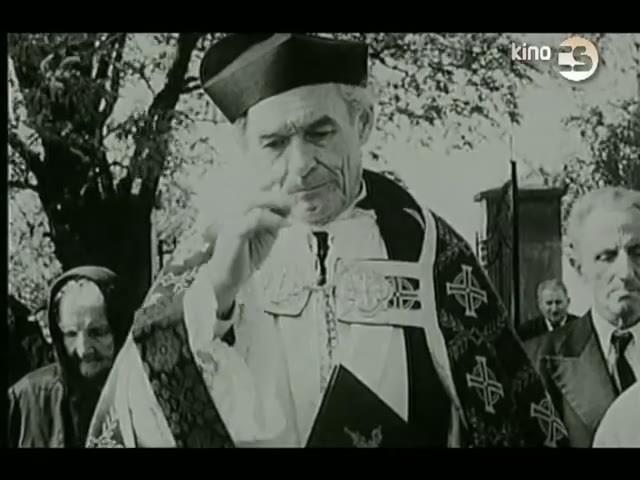Director:
Drahomíra VihanováMúsica:
Jiří ŠustReparto:
Ivan Palúch, Míla Myslíková, Otakar Žebrák, Petr Skarke, Irena Boleslavská, Vladislav Dražďák, Jan Vostrčil, Alexandra Haškovcová, Marcela Nohýnková (más)Sinopsis(1)
At the funeral of his mother, officer Arnošt meets again with a girl he used to love long ago. After the ceremony, he must return to the town of Josefov, where he is responsible for the security of the military installation. Life in the fortified town is cheerless and equally disconsolate is Arnošt, who does not find any sense in the military life. He mechanically carries out his duties and, in the evenings, visits the local pub only to get drunk - some times at his own cost, another time at the expense of his lover, waitress Marie. Marie loves him but for Arnošt, she is solely a substitution for the love he has left behind in his native village. He often recalls her in his memories and her image keeps reappearing to him both in his dreams and in his love-making with Marie. But there are also unpleasant moments popping-up in his memories which deepen his disgust with everything he does. One Sunday afternoon, he behaves harshly to some girls who are sunbathing at the military premises. One of them labels him an evil man. In the evening, Arnošt gets drunk again and has a cruel and cynical quarrel with Marie. In the desolate space of his barrack room, he loads his gun, points it at his head and shoots. - Now, Arnošt's friend Ivan lectures to the soldiers instead of him on protection against nuclear explosions. (texto oficial de la distribuidora)
(más)Reseñas (1)
Squandered Sunday by director Drahomíra Vihanová is not just a superficial critique of the supporters of a sweet life at the expense of others. It is a study of the alienation and decline of a person who does a job that doesn't satisfy him but can't break free from the exhausting stereotype of military life and authority-based thinking. He can't do anything else but shoot, listen, and give orders. The protagonist of the story, an officer in the Czechoslovak People's Army, doesn't see any meaning in his work and doesn't find any personal goal to cling to. He perceives the world around him as emptiness and the accumulation of banalities. He despises the rituals of military regulations and is terrified by the idea of a future that is as dull and exhausting as the present. Temporary relief from the feeling of self-contempt is provided to him by increasingly larger doses of alcohol and the thought of escaping tomorrow. The responsible Czechoslovak authorities did not praise Vihanová for this negative portrayal of the Czechoslovak army. The film was one of the first to be locked away after the start of normalization. Despite its short length, it was not easy to absorb this unpleasant, heavy, and difficult subject matter; perhaps next time, something more optimistic would be nice. Overall impression: 60%.
()

